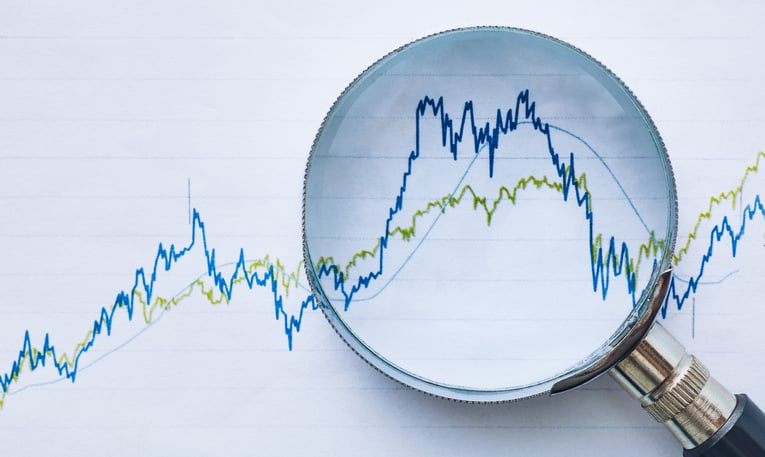Why does data governance matter?
Data Governance Concepts

Courtney Smith
Strategic Initiatives Manager
The evolution of data governance

Increased financial regulations
Goals include:
- Mitigate the risk of harmful events
- Increase executive accountability
- Better risk management
- More accurate reporting
- Increased protection for consumers, investor, and economy
Data governance is here to help!

The Sarbanes-Oxley (SOX) Act
- U.S. regulation enacted in 2002 as a response to high-profile accounting scandals
- Executives must attest to accuracy of financial information
- Set standards for financial and corporate reporting

CCAR
Comprehensive Capital Analysis and Review:
- Evaluates if U.S. banks have enough capital to withstand an economic downturn
- Includes stress test to evaluate resiliency
- Includes review of capital planning process and whether bank can distribute dividends or shares

BCBS 239
- 14 principles for risk data aggregation
- Grouped into three data requirements
- BCBS reporting and data aggregation
- BCBS data governance
- BCBS data quality requirements
- Global standard designed to prevent severe losses caused by poor risk management

U.S. privacy regulations
Combination of federal and state laws with varying levels of protection and penalties
Examples:
Health Insurance Portability and Accountability Act (HIPAA) (1997)
- Sensitive information cannot be shared without patient knowledge or consent, except in certain situations
California Consumers Protection Act (CCPA) (2018)
- Provides California residents with more control over the use, handling, retention, and selling of their personal data
General Data Protection Regulation (GDPR)
- Comprehensive privacy law to be used across the European Union (EU)
- Applies to any company that collects data of EU citizens and residents
- Some key components:
- Increases the rights of EU citizens and residents over how personal data is processed
- Data must be anonymized to protect privacy
- Consumers must be notified of data breaches
- Data transferring between countries must follow certain standards
- Certain companies must have a data protection officer to oversee GDPR compliance
Data classification and retention
Data classification
- Groups data based on confidentiality level
- Indicates how data should be handled, protected, and used
Data retention and destruction policies
- Indicate how long data should be kept and when it should be destroyed
- Leverages data classification

Master, reference, and metadata management
Master data management
- Enables consistency and transparency
- Creating master (golden) records to identify, match, and merge data across systems
Reference data management
- Identifying, mapping, and conforming coded data sets (e.g., country code, currency) across business lines and systems to ensure consistency
Metadata management
- Managing data that describes and defines data (e.g., lineage, definitions)
- Enables searching and cataloging of data
Let's practice!
Data Governance Concepts

